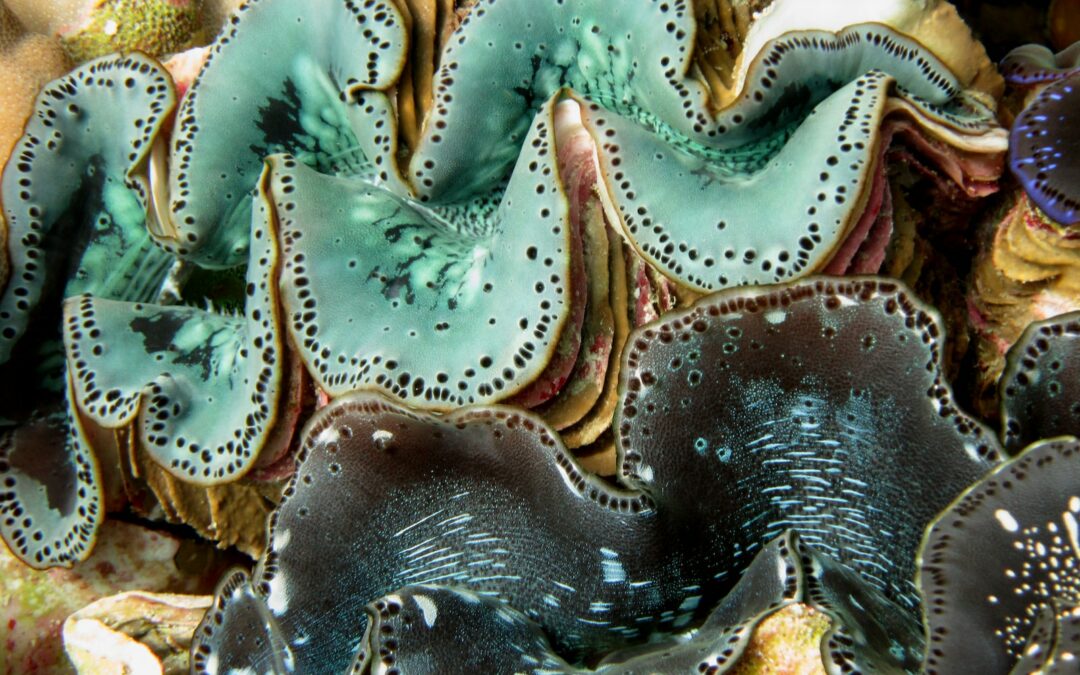What is a Marine Biologist?
As a marine biologist, you study the organisms and ecosystems of the seas and oceans as well as their interactions with each other and with humans. Marine biologists research the biological, chemical and physical processes in the sea. They study interactions between species, the composition of plankton and the influence of climate change on marine ecology. Marine biologists also monitor water quality and living conditions for marine organisms and help combat marine pollution.
Marine biologist salary
Marine biologists in Germany earn a fairly good salary. According to the Federal Statistical Office, average annual salaries rose to around 2020 euros in 67.000. However, exactly how much a marine biologist earns depends on their experience, specialization, employer and other factors.
career opportunities
Marine biologists have a variety of career options, including research and teaching, technology and engineering, environmental and conservation, management and consulting, and administrative and administrative roles. Most marine biologists work as researchers and teachers at university institutions or as scientists in research institutes and laboratories. Others work as consultants and experts for companies, government agencies and non-governmental organizations. Some also work as guides in the aquarium or as teachers at schools.
Research areas
Marine biologists have a variety of research areas to choose from, including ecosystem science, behavioral biology, fisheries science, biotechnology, species conservation, and habitat ecology. You can also specialize in certain types of marine biology, such as the study of fish, turtles, whales or seahorses.
This is how you get any job
Necessary skills and qualifications
Marine biologists should have a thorough knowledge of marine ecology, the biological, chemical and physical processes in the sea, and the interactions between species in the sea. You should have good analytical skills and preferably experience in data collection and analysis. A graduate degree in marine biology or a related discipline is also required.
Employment opportunities
Marine biologists find employment opportunities in various areas. You can work at government agencies, research institutes, universities, aquariums, publishing houses, consulting firms and non-governmental organizations. Potential employers include the European Union, the Federal Agency for Conservation of Nature, the National Oceanic and Atmospheric Administration (NOAA), the Sea Education Association, the National Geographic Society and the Smithsonian Institution.
continuing Professional Education
Marine biologists can advance their careers through professional development and certificate courses. There are many programs that specialize in marine matter, including the International Institute of Fisheries and Nautical Sciences, the Sea Education Association, the Marine and Fisheries Science Academy, and the International Association of Fisheries and Marine Science. These programs can help them expand their knowledge and skills and better prepare them for the demands of the job.
We will write your application and secure your new job!
Sit back and relax. Our team takes care of everything.
Working environment and future prospects
Marine biologists typically work in offices, research laboratories, at sea or on land. During the summer they can take part in research tasks or venture into the vastness of the ocean. The future prospects for marine biologists are promising as there are an increasing number of marine environmental problems for which solutions need to be found. There are also many job opportunities in ecotourism, aquaculture and environmental education.
Conclusion
Marine biologists have many career options and are compensated quite well. You can specialize in many research areas and work at government agencies, research institutes, universities, aquariums, and other organizations. A graduate degree in marine biology or a related discipline is required, but there are also many continuing education opportunities available to help marine biologists improve their skills and knowledge and prepare for new career opportunities. With the many problems facing the seas and oceans, there are many opportunities for marine biologists to make an important contribution to solving these problems and establish themselves in a lucrative profession.

As managing director of gekonntbewerben.de since 2017, I can look back on a remarkable career in the area of human resources and applications. My passion for these topics manifested itself early on and I consistently focused on expanding my knowledge and skills in this area.
I was particularly fascinated by the importance of applications as a central element of HR work. I realized that applications are much more than just a means to an end to fill an open position. A professional application can make all the difference and give the applicant the decisive advantage over competitors.
At gekonntbewerben.de we have set ourselves the goal of creating professional applications that optimally showcase the applicants' individual strengths and experiences.
I am proud to be part of this successful company and look forward to continuing to help our customers realize their career dreams.













